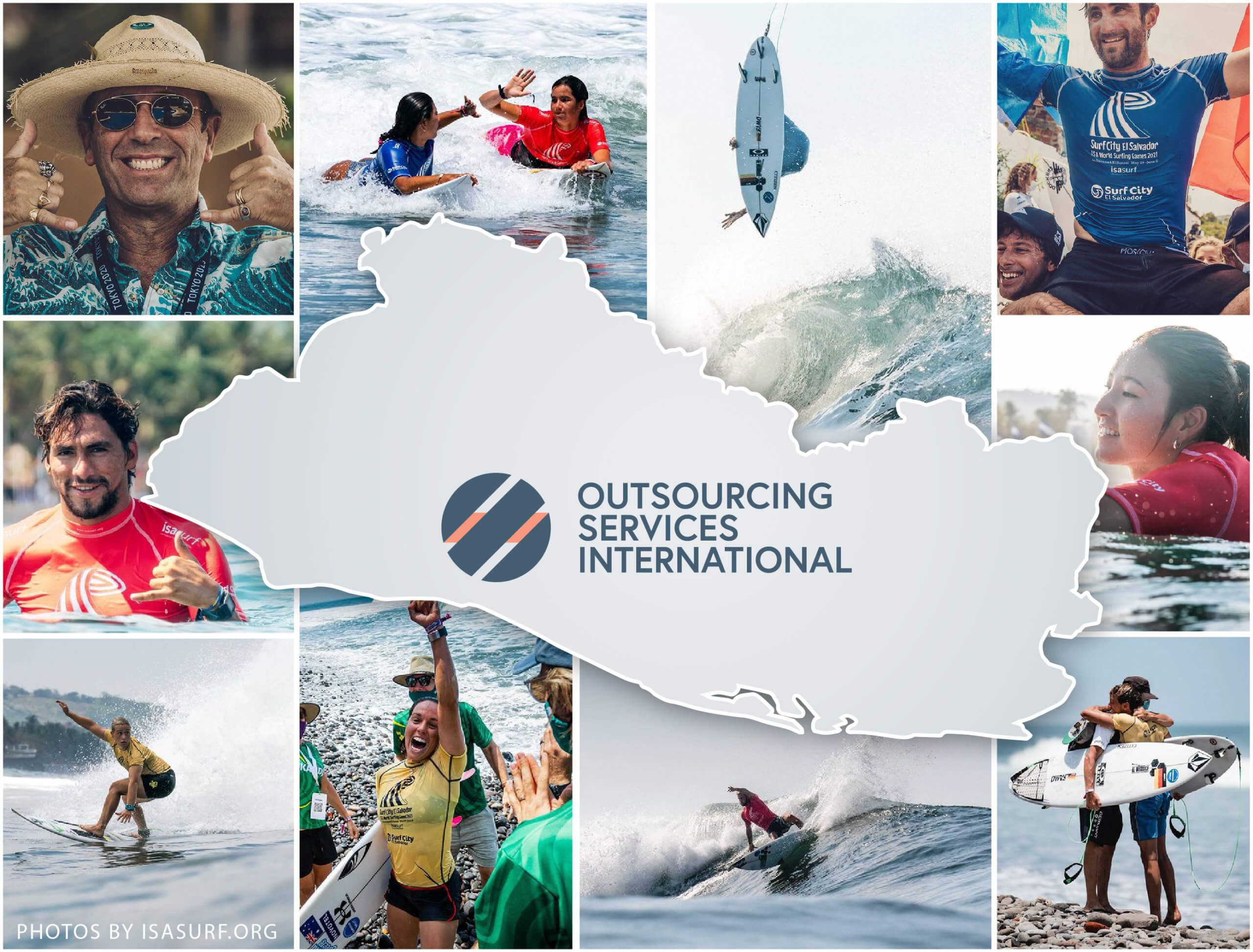Reputation Versus Reality

It’s no secret. El Salvador, the small, Central American country where OSI is based, has a bad reputation. Google the country, and the results will very likely include headlines related to gangs, crime, poverty and political corruption. You may also come across stories about its brutal, twelve-year civil war, which ended in 1992 (not that long ago).
But, as is often the case, Google results don’t necessarily represent reality.
A boots-on-the-ground perspective of El Salvador would show a side of the country that’s often overlooked by international media members, many of whom have never been here. The lush forests, wide beaches, turquoise lakes, rolling mountains and volcanoes and beautiful, friendly faces—it’s hard to reconcile the reputation with what most people experience in person.
This rift between perception and reality can be explained, in part, by the fact that a lot has changed in El Salvador over the past several years. Pre-pandemic, tourism had picked up in the cities, pueblos and mountains and at the beaches. The historic downtown district of the capital, San Salvador, has been revitalized. And, most recently, the country made headlines for
(of all things) becoming the first to recognize bitcoin as legal tender.
El Salvador continued to defy its reputation when, from May 29 to June 6 at La Bocana and El Sunzal beaches, it hosted the ISA World Surfing Games. The games served as the last Olympic qualifier for Tokyo 2020, which the pandemic pushed back to this summer, and featured teams from more than fifty countries, including the United States, Japan, Canada, France, Great Britain and South Africa. On the men’s side of the competition, France’s Joan Duru won gold, Japan’s Kanoa Igarashi silver and France’s Jeremy Flores bronze. On the women’s side, Australia’s Sally Fitzgibbons won gold, Portugal’s Yolanda Sequeira silver and Portugal’s Teresa Bonvalot bronze.
The team competition combined the individual scores of the men and women from each country. France won gold, Japan silver and Portugal bronze. The United States finished 16th
and El Salvador 25th.
“It has truly been a historic week for surfing here in El Salvador, and I don’t say that lightly,”
said ISA President Fernando Aguerre on the surfing association’s website. “We managed to create a safe and secure environment to gather fifty-one surfing nations from around the world in peace for the first time since the start of the pandemic. That alone was a feat in itself, but then we also successfully completed Surfing’s Olympic Qualification and confirmed the Olympic dreams of 40 surfers from all around the world. This is a moment that will live on in surfing history for decades, or centuries to come—the day we officially announced the first Olympic surfers.”
Aguerre added that El Salvador proved to be the perfect place to host the World Surfing Games.
He complimented the consistency of the waves and thanked the country’s president, Nayib Bukele, for “believing in the power of surfing and believing in our mission to make the world a better place through surfing.”
The coaches also praised the event and host country. On social media, France’s Patrick Flores described El Salvador as a “magnificent country of six million inhabitants that gives a great lesson to the world of surfing and especially to the rest of the world in general. Well done and thank you for everything a thousand times!”
It’s a pivotal time in El Salvador, a country less than thirty years removed from a long civil war.
It is trying to emerge from a worldwide pandemic, and a young, third-party president is two years into his term. But when OSI debuted here more than ten years ago, it was difficult to imagine a revitalized downtown San Salvador, the country being first in anything related to technology and innovation and it successfully hosting an international surfing competition. Things appear to be trending in the right direction. Maybe someday soon, El Salvador’s reputation will more closely match its reality.

